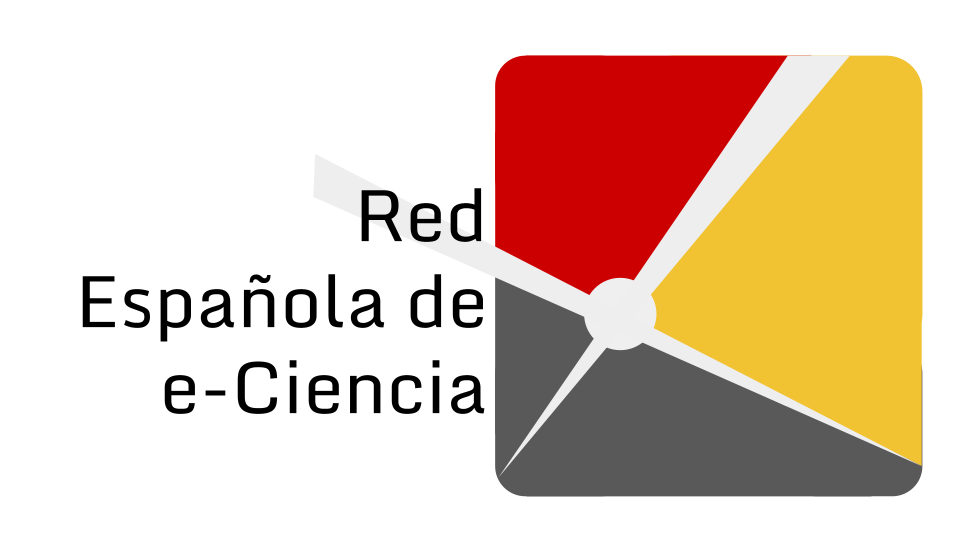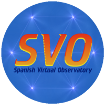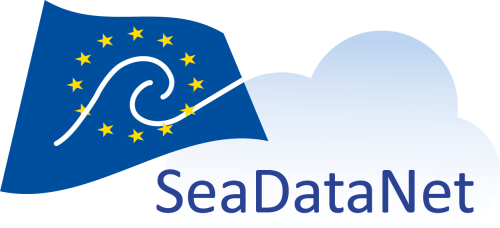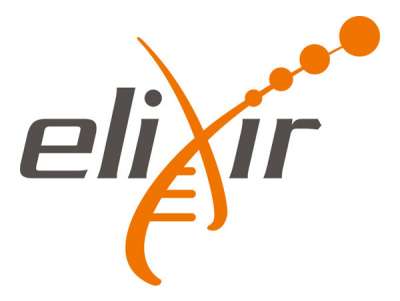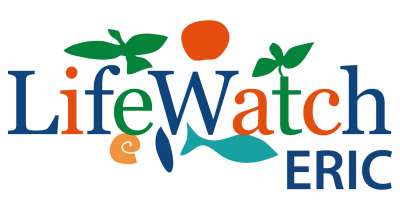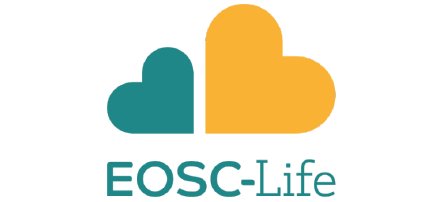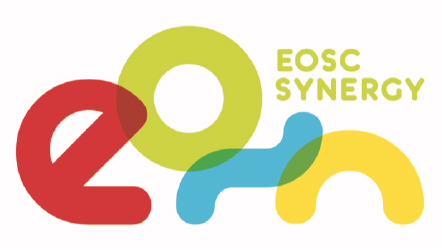La e-Ciencia ha propiciado la organización de las comunidades científicas que se enfrentan a grandes retos relativos a la obtención, gestión y proceso de datos científicos. En algunos casos, estas comunidades han propiciado la creación de sus propias e-Infraestructuras, mientras que en otros se han desarrollado sinergias con centros proveedores de e-Infraestrucrturas de almacenamiento y proceso.
En esta sección pretendemos enumerar iniciativas que por su dimensión y su orientación, son representativas en el marco de la e-Ciencia y están dirigidas por los investigadores.
